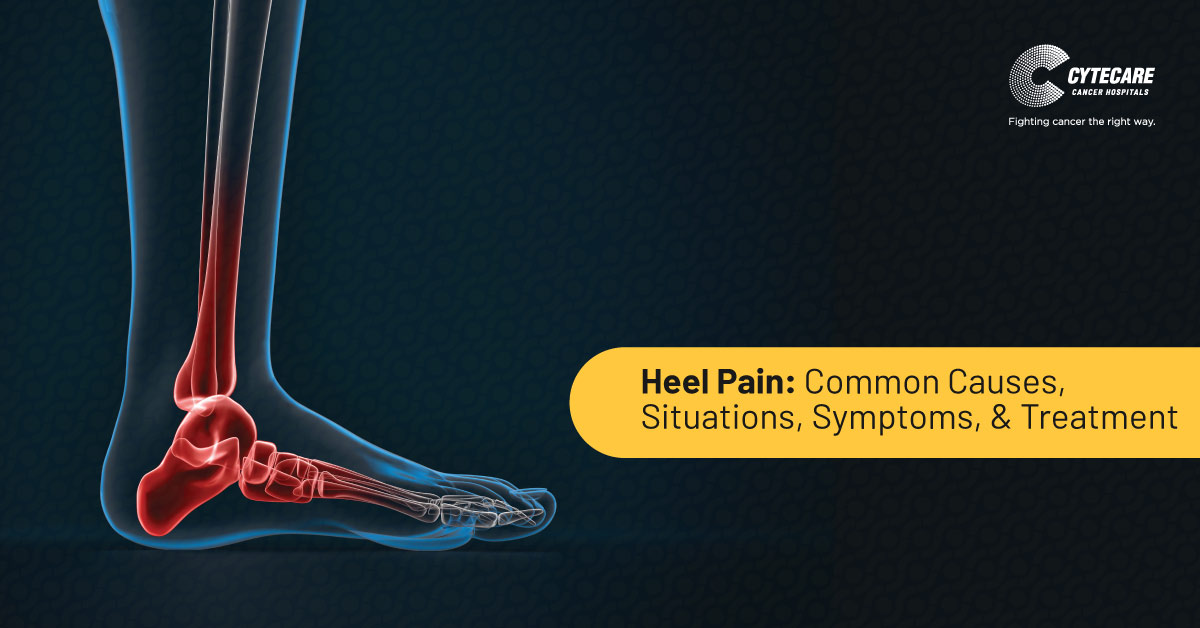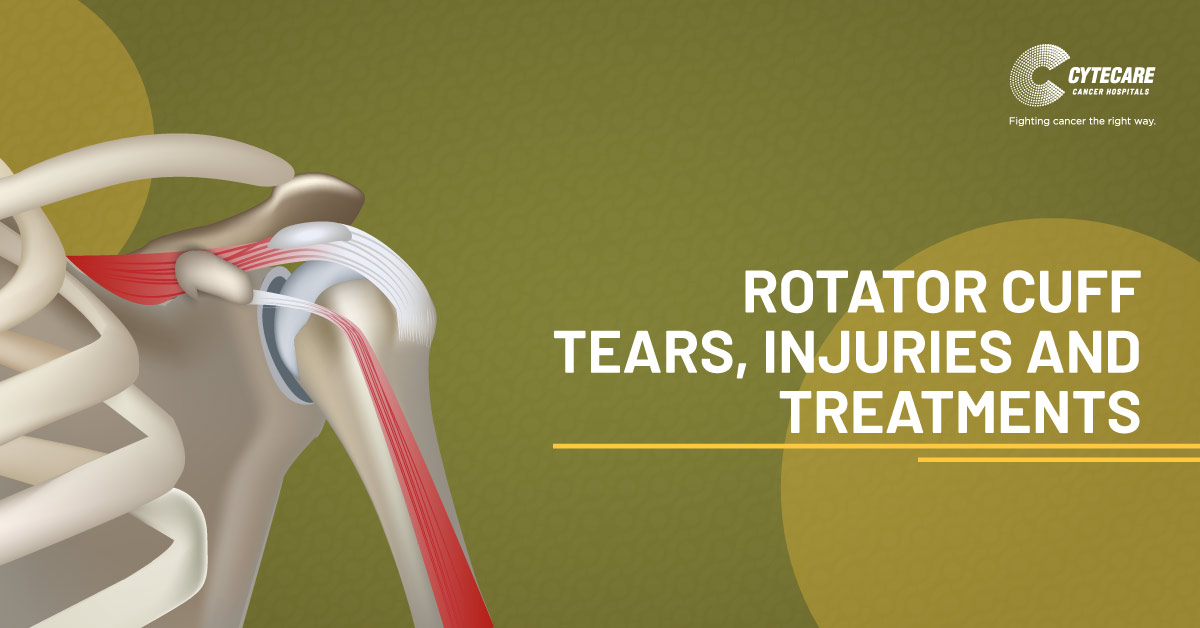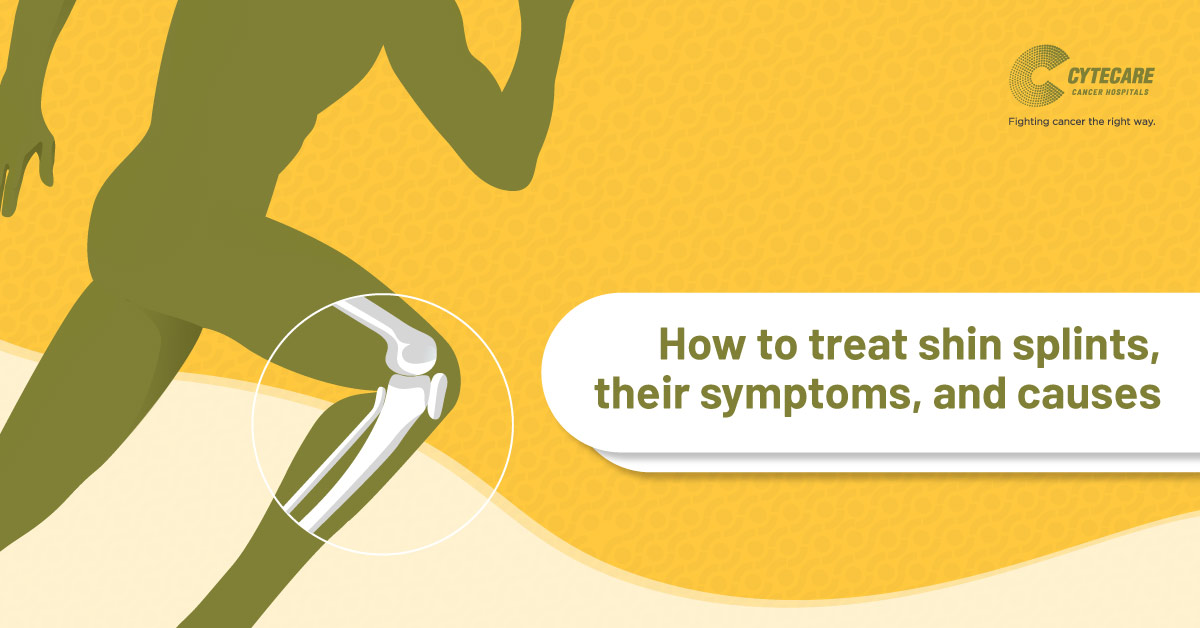
Author: Dr. Gururaj S Puranik, Senior Consultant Trauma and Orthopaedics
Plantar fasciitis (Policeman’s heel) is a cause of pain under your heel. Plantar fascia is a strong band of tissue (ligament) that stretches from your toes to your heel. Plantar fasciitis means inflammation of plantar fascia at its heel attachment. It is caused by repetitive stress to the plantar fascia.
How common is heel pain?
Heel pain is relatively common affecting 1 in 10 adults between the ages of 40 to 60 years
The most common causes of Heel Pain:
1. If you are on your feet for a long time
2. If you have started working out on a different surface
3. If you have put on weight recently
4. Shoes with poor cushioning or old/ worn-out footwear
5. Diabetes
6. Reduced flexibility of foot and ankle
Symptoms of Heel Pain?
Pain is felt around the heel on the sole of the foot. People tend to complain of “first step” pain when they first get up. Pain might settle during the day but again at the end of the day, pain worsens to the extent that sometimes they limp. It is also associated with stiffness around the ankle in the mornings.
Diagnosis of Heel Pain
It is not required to do any x-ray or scan for diagnosing this condition. Sometimes x-rays show a heel spur, which is a small piece of extra growth of the heel bone.
Heel Pain Treatment Includes:
1. A course of painkillers can be helpful
2. Avoid walking barefoot or in flip-flops and use Microcellular rubber(MCR) footwear. Maintain your shoes in good condition and renew your trainers every 300-400 km
3. Stretching exercises of the plantar fascia
4. Minimise long periods of standing with regular breaks
5. Reduce your body weight
6. Physiotherapy
Other treatments options for heel pain if initial treatments don’t help:
1. Steroid injections
2. Dry needling
3. Extracorporeal shock wave therapy (Machine is used to deliver sound waves to the inflamed area)
4. Surgery tends to be the last resort if all the above treatments of heel pain fail.
Note From Cytecare Cancer Hospitals
See our experts if you have heel pain. It might be plantar fasciitis, or it might be something else like a stress fracture or arthritis. You need to verify the proper diagnosis. Remember that you don’t have to live with this pain!


